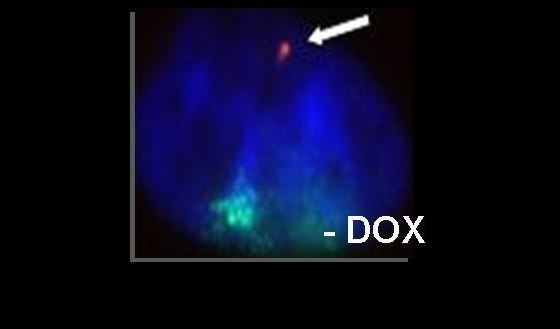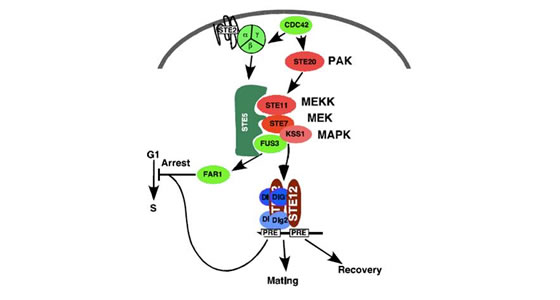
MEG Handout
This handout is designed to introduce and illustrate the research happening within the LSI Research Groups.

Molecular Epigenetics
The Molecular Epigenetics Group (MEG) of the Life Sciences Institute at the University of British Columbia consists of 8 researchers from 3 departments (Biochemistry, Medical Genetics, and Zoology) with a common interest in epigenetic gene regulation.

Brown Lab:
Carolyn Brown's laboratory studies the mechanism of human X chromosome inactivation – the process that equalizes the expression of X-linked genes between males and females.

Lorincz Lab:
Dr. Lorincz’s laboratory is focused on the interplay between transcription, DNA methylation and histone modifications in murine cells.

Lefebvre Lab:
The research group of Louis Lefebvre studies the phenomenon of genomic imprinting, an epigenetic system guiding the monoallelic, parent-of-origin dependent expression of specific genes in mammals.

Howe Lab:
Our research focuses on multi-protein complexes which post-translationally modify histones.

Van Raamsdonk Lab:
Cancer cells and cells in developing embryos share two important characteristics: they rapidly proliferate and they are capable of migrating extensively.

Sadowski Lab:
Our laboratory studies how environmental signals affect transcriptional regulation in yeast using a combination of biochemical, molecular and genetic analysis.

Life Sciences Centre
2350 Health Sciences Mall
Vancouver, British Columbia
Canada V6T 1Z3
Blogroll
<div id="hybrid-nav-menu-3" class="widget nav-menu widget-nav-menu"><div class="widget-inside"><h3 class="widget-title">Resources</h3>
</div></div>
The goal of the LSI is to generate and sustain innovative, interdisciplinary research dedicated to discovering fundamental biological processes of life, advancing our understanding of disease processes and developing potential therapeutics.
Gifts from friends, alumni and other community members enable the University of British Columbia to carry out many outstanding research projects 

